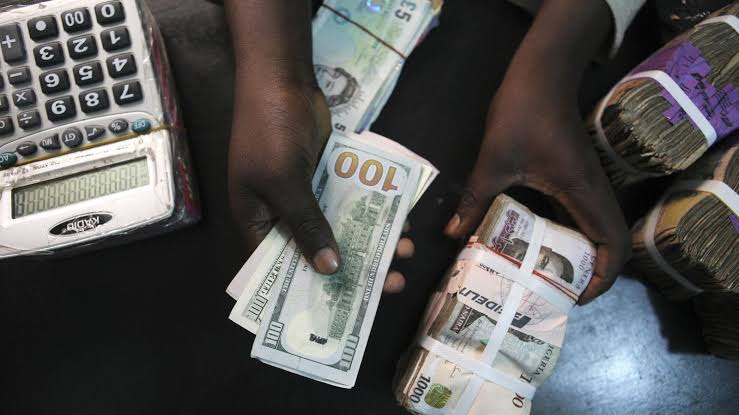In a significant monetary policy shift, the U.S. Federal Reserve announced a 0.5% cut to its interest rates on Wednesday, signaling the beginning of what analysts predict will be a prolonged period of monetary easing. This decision comes amid growing concerns about the U.S. job market and aims to bolster economic stability.
The Federal Open Market Committee (FOMC) expressed increased confidence that inflation is moving steadily toward its 2% target, suggesting a more balanced outlook for both inflation and employment risks. However, not all committee members were in agreement, with Governor Michelle Bowman advocating for a more cautious 0.25% reduction.
Looking ahead, the Fed’s projections indicate the possibility of further rate cuts, with another 0.5% reduction anticipated by the end of 2024, a full percentage point drop in 2025, and an additional 0.5% cut in 2026. The long-term federal funds rate is now expected to stabilize between 2.75% and 3.00%, slightly higher than previous forecasts.
Fed Chair Jerome Powell remarked, “This action underscores our increasing confidence that, with proper adjustments to our policy, the labor market can remain robust while inflation steadily declines toward our 2% target.”
Potential Impact on Nigeria
The Federal Reserve’s decision is poised to influence Nigeria’s upcoming Monetary Policy Committee (MPC) meeting, where officials will deliberate on potential rate adjustments. With the Fed lowering borrowing costs, Nigeria’s central bank may feel compelled to consider similar measures, particularly as it grapples with inflation concerns while seeking to stimulate economic growth.
Additionally, the Fed’s rate cut could attract foreign portfolio investments (FPIs) back into Nigeria. In an environment of lower global interest rates, investors often look for higher returns in emerging markets like Nigeria. This influx of foreign capital could provide a much-needed boost to Nigeria’s financial markets and overall economy.
For the naira, a weaker dollar resulting from the Fed’s decision could help stabilize the exchange rate. A softer dollar may alleviate some of the pressures on Nigeria’s currency, offering relief after a prolonged period of depreciation.
Moreover, lower global interest rates can stimulate both private and public sector spending, potentially driving up global economic activity. This increase in demand could enhance the prospects for Nigerian crude oil, further boosting foreign exchange inflows and supporting economic growth.
However, the potential benefits of the Fed’s rate cut come with challenges. Nigeria continues to grapple with significant inflation, with imported inflation already in double digits. While lower rates may lead to cheaper imports, this could intensify competition for local businesses. As foreign goods become more affordable, Nigerian companies may face increased pressure on profitability and market share.
In summary, while the U.S. Federal Reserve’s interest rate cut presents opportunities for Nigeria’s economy, it also raises concerns about inflation and local business competitiveness that policymakers will need to address in the coming months.


